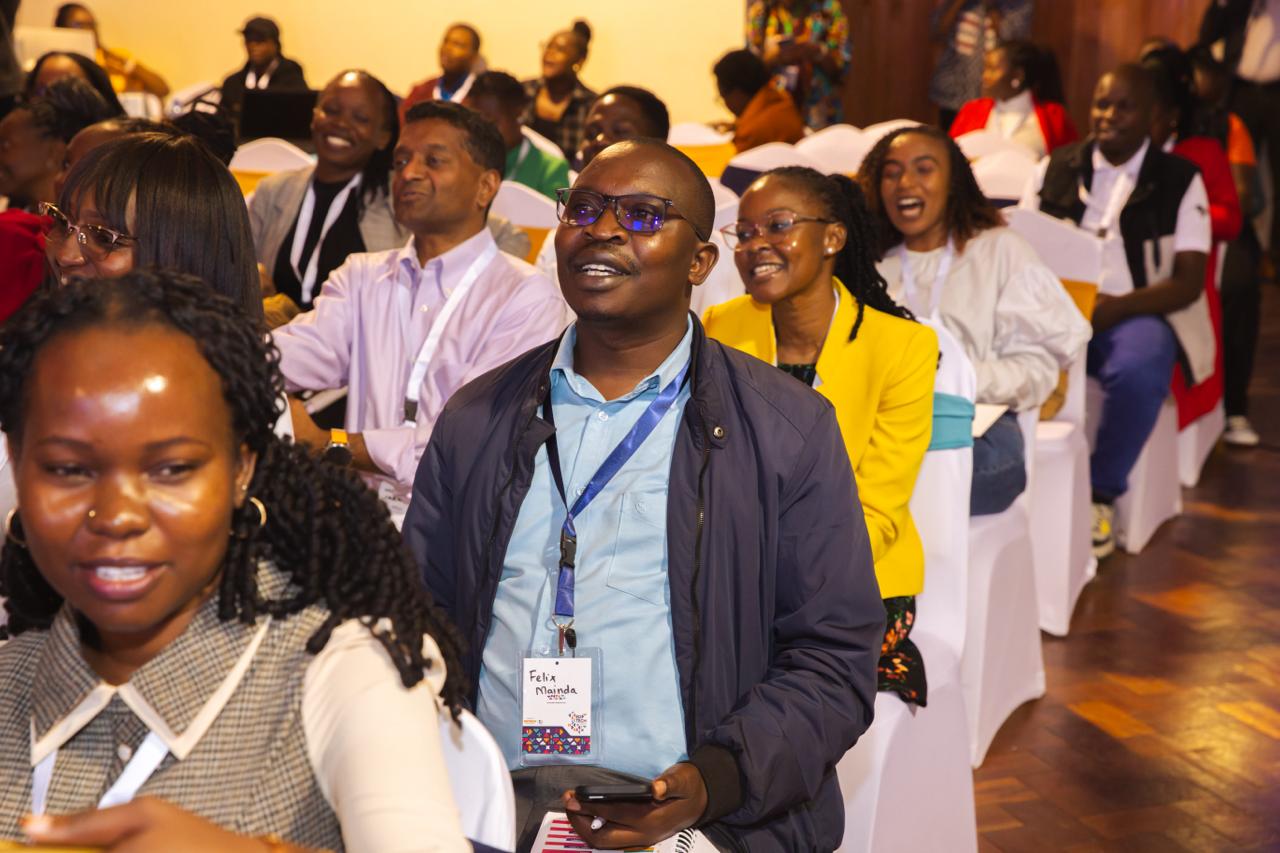By Lenah Bosibori
Participants at the National EdTech Summit 2025 on Thursday called for stronger support to help teachers adapt and create digital tools that embed research and evidence into decision-making while ensuring equitable access to learning.
Led by Ambassador Prof. Julius Bitok, Principal Secretary for Basic Education, the gathering shared belief that technology is not just an add-on but a core pillar of a progressive, equitable and efficient education system.
“Our vision is to build a robust, resilient and responsive education system that empowers every learner to thrive in the 21st century, guided by data, innovation and collaboration across the ecosystem,” said Prof Bitok.
The summit brought together policymakers, educators, innovators, learners, and development partners to chart Kenya’s next phase of education transformation. It builds on regional summits that engaged more than 400 stakeholders earlier this year, focusing on the implementation of the ICT in Education and Training Policy 2021.
The two-day forum is centered on four priorities: supporting teachers to adapt and create EdTech tools, embedding research into policy, ensuring equitable access to digital learning, and safeguarding learner well-being and data security. A major highlight is the debate on Artificial Intelligence in education, following the launch of Kenya’s AI Strategy 2025–2030.
Jennifer Otieno, Chief Executive Officer of EdTech East Africa, said, “The National EdTech Summit is about turning vision into action. Evidence must guide us, not only in the form of research reports but in the lived experiences of teachers, learners, parents and innovators.”
“By listening to these voices and working together across government, schools and communities, we can move beyond institutional silos to co-create solutions that strengthen infrastructure, improve policy and expand opportunity,” noted Otieno. “This summit is not the end of the conversation but a catalyst for continuous collaboration to ensure Kenya’s education system is inclusive, innovative and future-ready.”
Kenya has made notable progress in digital readiness. As of 2023, 82% of public primary schools were connected to electricity through the national grid, with a further 14% powered by solar energy. By 2022, more than 22,800 public primary schools had received over 1.17 million digital devices, though only 216 schools had reliable internet connectivity.
The urgency for resilient education systems became clear during the 2024 floods, which disrupted learning for more than 2.26 million learners. Policy frameworks such as the Kenya National Education Sector Strategic Plan (2023–2027) envision reforms including Inclusive Education Resource Centers to support all learners. The 2021 ICT in Education and Training Policy also emphasizes digital safety, with measures such as vetting online content to protect teachers and learners.
The programme features an AI in Education Co-Design Workshop led by EdTech experts and Ministry of Education officials, alongside a youth-led town hall debating whether AI in education is a promise or a threat. These sessions will explore how AI can help address teacher shortages and personalize learning, while also raising concerns around fairness, ethics, accountability, and transparency.
The National EdTech Summit 2025 is positioning itself as a platform for evidence-based policymaking, collaborative problem-solving, and forward-looking dialogue—ensuring Kenya’s education system is inclusive, safe, and future-ready.




